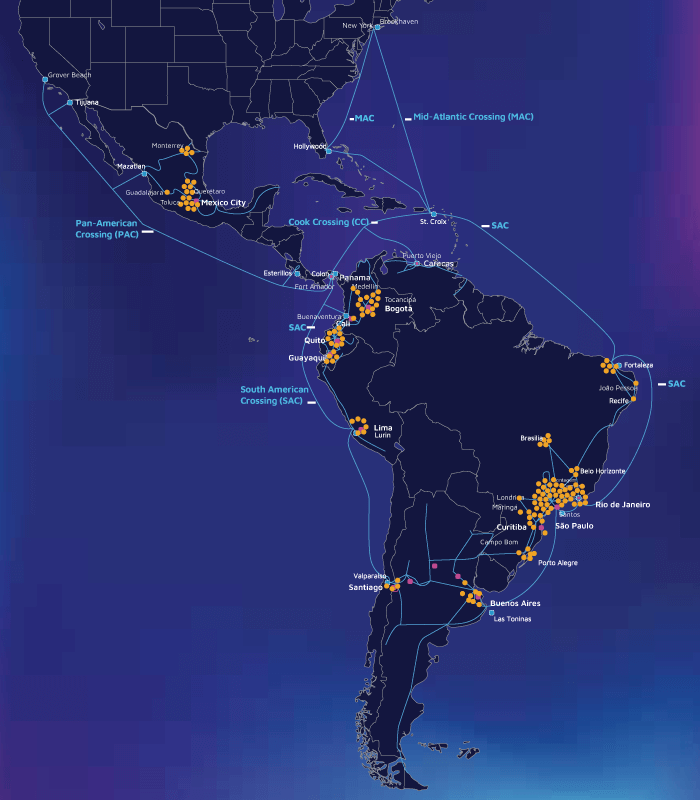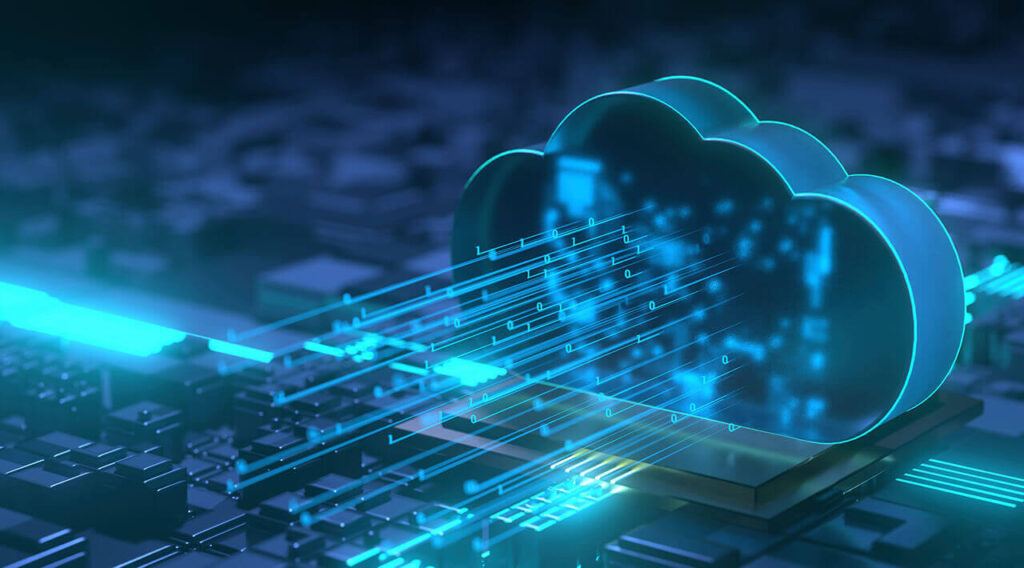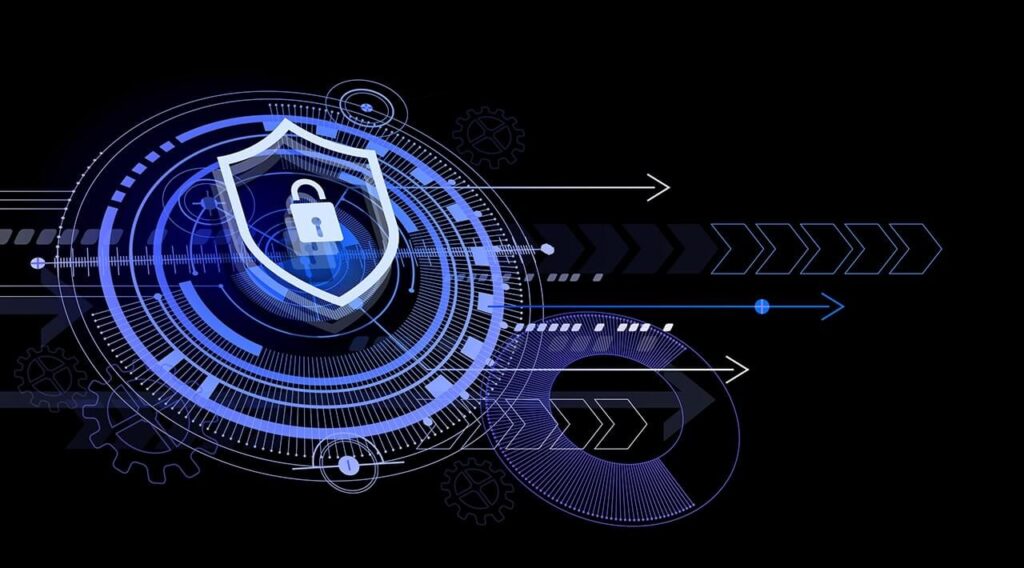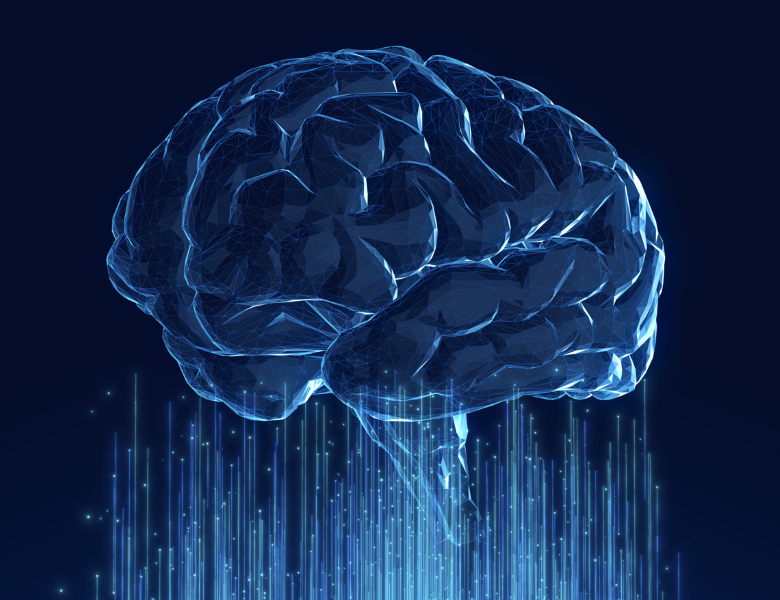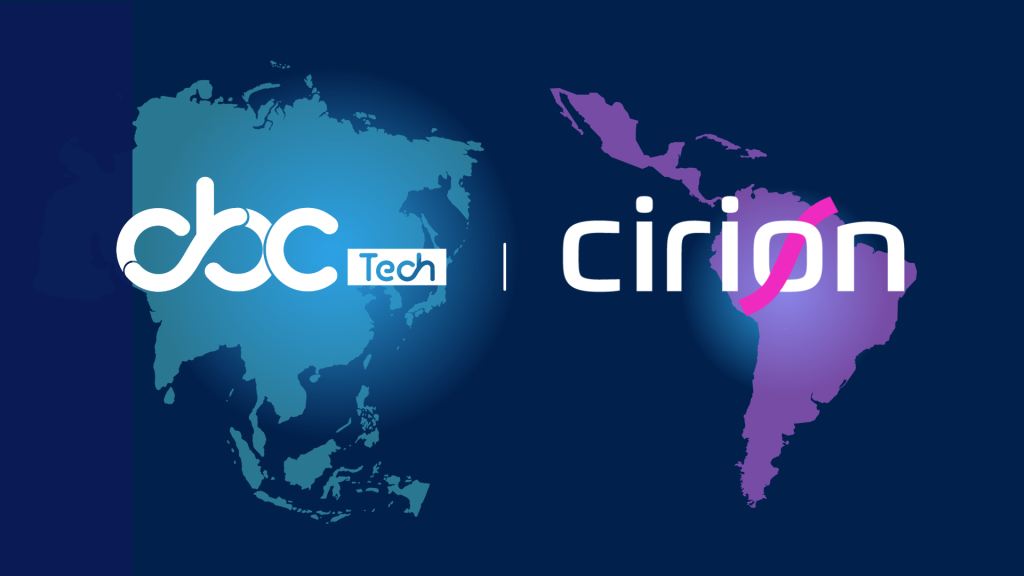Choosing a suitable Data Center is a strategic decision that can determine the success of your company’s technological infrastructure. Selecting the right Data Center ensures the efficient storage and management of information, and also ensures the availability, security, and future growth capacity of your organization.
This article details the key factors that should be considered when selecting a Data Center. It analyzes topics such as redundancy, virtualization, location, and service levels so that your choice is ideal for the specific needs of your company.
Location and Connectivity: Two Inseparable Factors
The location of the Data Center is one of the first factors that companies have to evaluate. On the one hand, the Data Center must be located in a geographically stable region, away from areas prone to natural events such as floods, avalanches, tornadoes, hurricanes, earthquakes, or tremors.
On the other hand, the Data Center should be close to your company’s headquarters or near its key activity centers. A strategic location can also reduce latency, which is vital for applications that require immediate response times.
The other determining factor is connectivity, which plays a crucial role: the Data Center must have access to multiple telecommunications providers to ensure a fast and redundant connection.
Availability and Redundancy: Guarantee of Continuous Operation
Availability is another essential factor. The Data Center selected for your company must offer uptime close to 100%. This is achieved through redundancy systems that, among other systems, include:
Backup Power Sources
Redundant Cooling Systems
Dual Network Connections
Data Centers with high availability certifications, such as the Tier III or Tier IV standard, guarantee a level of redundancy and reliability that minimize the risk of interruptions to your operations. This level of service is fundamental to maintain operational continuity, especially in companies that depend on critical systems.
Physical and Logical Security: Comprehensive Data Protection
Security in a Data Center encompasses both physical security and logical security. Physical security refers to the measures that protect access by unauthorized personnel and elements to the Data Center, for which the chosen Data Center must have 24/7 surveillance, biometric access controls, and advanced monitoring systems, among other protections.
In turn, the logical security of the Data Center must include mechanisms to protect data against unauthorized virtual access and cyberattacks. This ranges from data encryption to firewalls and intrusion detection systems. A reliable Data Center must comply with international security regulations and offer recovery plans for cyber disasters to ensure the continuous protection of your company’s information.
Flexibility and Scalability: Preparation for the Future
The ability of a Data Center to scale and offer flexibility to adapt to the changing needs of a company is crucial. Your contracted Data Center must offer scalability options that allow both increasing and reducing your company’s resources according to demand, without losing performance or security.
Virtualization is a key technology in this aspect, as it allows maximizing the use of server resources, facilitating the addition of new services or the expansion of existing ones without the need to acquire additional hardware. Likewise, when choosing a Data Center, it is essential to evaluate its ability to grow along with your business, that is, its own scalability.
Managed Services: Added Value for Your Business
The managed services offered by a Data Center can make a difference in terms of added value for your company. Therefore, the services of the chosen Data Center should include continuous monitoring, specialized technical support, and proactive maintenance, which will allow your company to focus on its main activities without worrying about the technological infrastructure.
A good Data Center as a provider of managed services can assume the responsibility of the daily administration of the IT environment, ensuring that everything works optimally and that potential problems are resolved before they affect operations.
Energy Efficiency: Commitment to Sustainability
Energy efficiency is an increasingly important factor when choosing a Data Center. The energy demand of Data Centers is high, so it is essential to opt for Data Centers that implement sustainable practices and energy-saving technologies within their facilities.
Data Centers that use renewable energy sources and have optimized their cooling systems to reduce energy consumption contribute to environmental sustainability and generate lower operating costs in the long term.
Regulatory Compliance and Certifications: Guarantee of Quality
Regulatory compliance and certifications are clear indicators of the quality and reliability of a Data Center. Certifications such as ISO 27001 (information security management) or PCI DSS (payment card industry data security), in addition to those mentioned above regarding availability, are signs that the Data Center complies with the highest international standards.
Choosing a Data Center with certifications like these ensures that your company is aligned with best practices and complies with legal and regulatory norms, which is particularly important in the financial sector and in the health area.

Costs and Payment Models: Balance Between Quality and Budget
Finally, costs and payment models are factors that should not be underestimated. It is important to analyze not only the initial price, but also the recurring costs associated with the use of a Data Center, such as energy consumption and additional services.
Some Data Centers offer flexible payment models that allow companies to pay only for the resources they use, which is beneficial for organizations with variable demands. However, it is essential to balance the cost with the quality of service to ensure that the choice of the Data Center is sustainable in the long term.
Conclusion
Choosing a Data Center is a critical decision that directly impacts the operability, security, and growth of your company.
Considering factors such as location, availability, security, and scalability is essential to make a decision that guarantees the continuity and success of your IT infrastructure. A well-chosen Data Center will not only support your current operations, but will also allow efficient and secure expansion in the future.
If this article has been useful to you, we invite you to comment, share on your social networks, or contact us to identify how we can help you select the perfect Data Center for your business.

